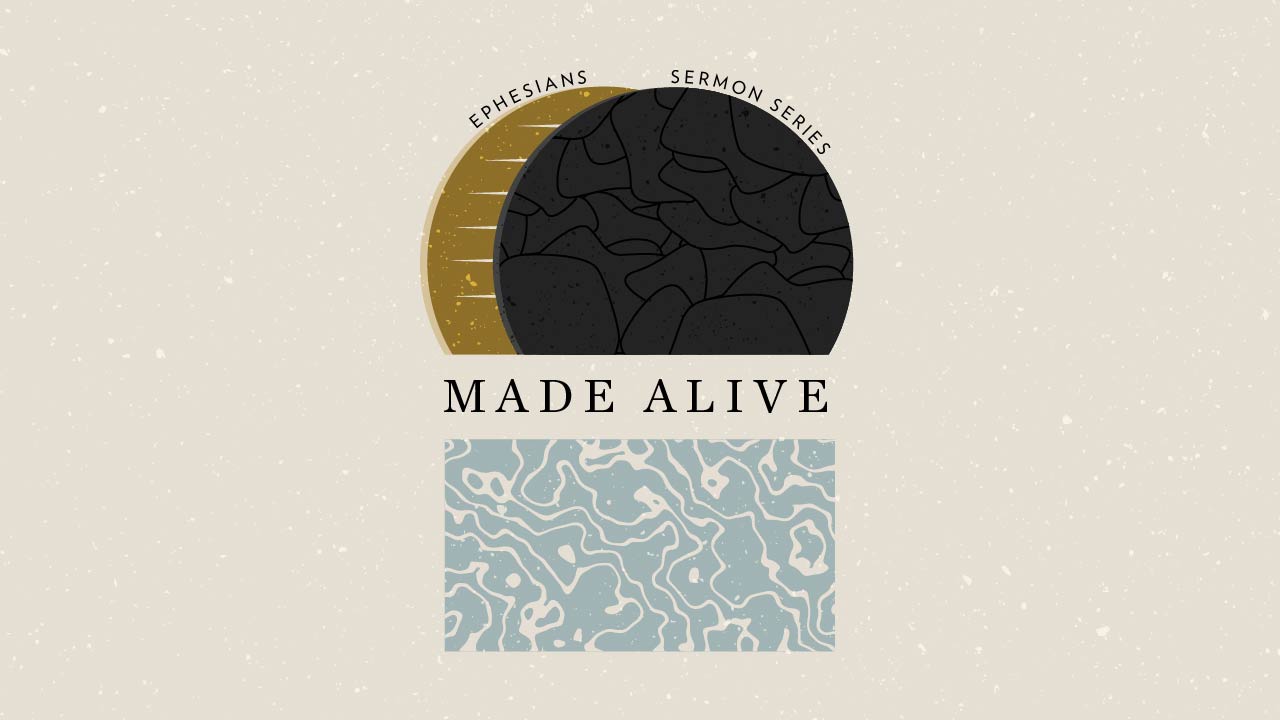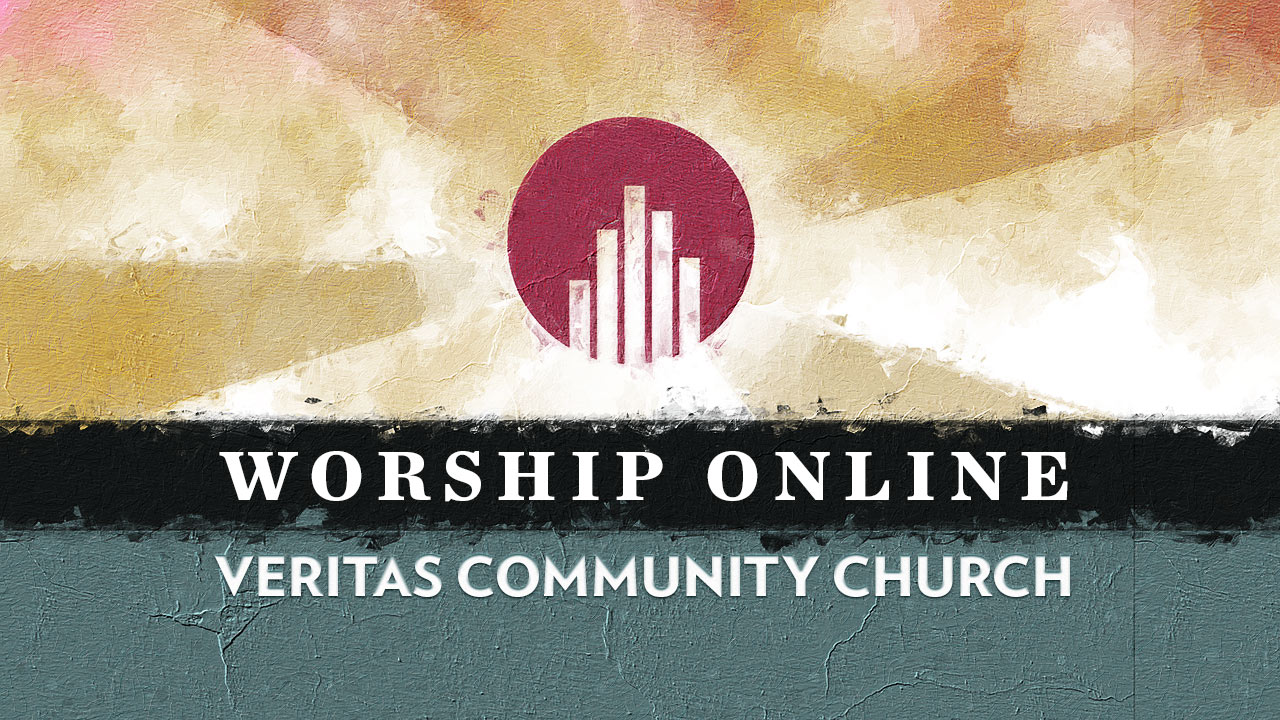Wrath: The Cost of Grace
Nahum 3 is another tough chapter of graphic imagery of God’s wrath on Nineveh; it feels painfully excessive, especially when the final question of the book pins the focus squarely on our own sin. So why do we put ourselves through this? Why do we stare at how widespread our sin is, giving ourselves what appears to be a massive self-esteem crisis? The truth is that the Gospel is cheapened without books like Nahum revealing our sin. The more we recognize just how holy God is and just how sinful we are, the more the Gospel grows in our hearts and minds. Displays of God’s just wrath show us how much we desperately need a Savior and how radically gracious God really is.
Mercy and Judgment: What Is God’s Will?
We sometimes try to see Scripture as simply a handbook for life. If that’s so and the Bible just gives us to-do lists and advice columns, why would Jonah and Nahum end in questions? The story of Nineveh is about more than Nineveh. This is about us. This is about God’s will for us. But what do these seemingly opposite books tell us about God’s will? In Jonah, He displays radical grace to Nineveh through a disobedient prophet, but in Nahum God completely wipes the city off of the face of the earth. What’s the common factor? What is God’s revealed will?
Humbling Wrath
Assyria had tormented Israel and Judah for generations, mocking God as they went. God opposes the proud and the arrogant, those who try to lift themselves to God’s level and God details their impending destruction. God is against Nineveh. Judah had been abused and humbled for over 200 years. God speaks a word of comfort into their affliction. God promises salvation now over their Assyrian oppressors and salvation to the rest of the world today as over sin and all other oppressions and torments. The question you must ask yourself, though, is “Which message is for me?” Is God comforting you in your brokenness and humility with the knowledge that He is Justice or is God telling you that He knows your pride and stands against you?
Humbling Wrath
This is where God’s wrath gets personal. We want to cheer on the destruction of these wicked people, but like when David condemned the man in Nathan’s parable (2 Samuel 12), we realize all too quickly that we, too, have set ourselves against God. God’s wrath provides comfort for the broken and beaten Jews as well as the broken and beaten among us that God will deliver justice because He cares about sin, but we cannot forget Nahum 2:13: “Behold, I am against you, declares the Lord of hosts…” Where is God loving everyone here? Where is loving the sinner and hating the sin here? If God sets Himself against people, how can anyone avoid destruction?
Comforting Wrath
Nobody likes to talk about God’s wrath. It’s uncomfortable to think that there is some being out in the universe that can cause seas to dry up and hills to melt. It seems evil of God to wipe out people groups or to send people to Hell today. But is the alternative better? Is it better that God be indifferent to the affronts of sin against Himself and against us? Would we think that God is good if He turns a blind eye to all of the things that we do to harm each other and tear apart relationships as if there wasn’t anything wrong? God takes sin, justice, and righteousness seriously in His good wrath. But who can stand against His wrath? Who wouldn’t be destroyed by it? The only one who can stand God’s wrath and save us from it is God Himself.
Religious Grace
Having reached the end of the book of Jonah we anticipate a neat wrapping up of the story. God has saved a massive city from evil and destruction, but what we now see is that this story apparently has very little to do with Nineveh. The end of the story focuses on Jonah and shows us a prophet who has had his concept of God completely rocked and his chief idols threatened. He accuses God of injustice, dishonesty, and promiscuity. Then, rather than striking him down for his defiance, God pursues him. God demonstrates His love and grace for him. But what about us? We accuse God of injustice in His wrath. We act as if He is a liar. So how does He respond to us?
Religious Grace
Finally, at the end of the book we see Jonah’s real heart in the matter. God meets him in the desert and strips away all of his anger to reveal the real reason why Jonah is upset about Nineveh being spared. Jonah couldn’t accept that the wicked people of Nineveh could be on the same level before God as a religious man like himself. Jonah couldn’t bear to admit that, just like Nineveh, he didn’t deserve God’s grace either. He couldn’t live in God’s free grace. Can we? Can we honestly ask ourselves how God could ever extend grace to even us?
Irreligious Grace
Last week’s text ended with Jonah exclaiming that salvation belongs to the Lord. We thought that he had repented and was able to move on to be the hero of the story that a man who has a book of the Bible named after him; not so much. Jonah grudgingly goes to Nineveh to preach and the entire city repents! Jonah barely exerted himself and God brings all of Nineveh to Himself. So why was Jonah there? God clearly did all the legwork for him, so was going to Nineveh more about the Ninevites repentance, or Jonah’s? Was God so adamant about Jonah going to Nineveh because only Jonah could save the city or because it was only in Nineveh that Jonah would see his sin truly and fully and be able to repent of it truly and fully?
Resurrecting Grace
It may not be apparent why Jonah is an Easter Sunday topic. He lived 700 years before Jesus. But maybe you figure that since he was in the fish but then he wasn’t, that that is enough like resurrection to make the connection. But what if it’s a more than that. What if, rather than just being a case of coincidental similarity, Jonah was actually looking to Christ while in the fish? And what if the whole story of Jonah in the fish was intended to point us toward Christ and His better redemption, His better death, and His better resurrection?
Resurrecting Grace
Easter is all about resurrection, Jesus’ resurrection. It takes us from our lowest lows and raises us up with Christ to the throne of God. But what do we do with that resurrection practically, though? Very little of the Bible is useful simply as head knowledge, it has to be applied. But how do we apply the resurrection? Jonah had a resurrection experience, but the odds are poor that we’ll get eaten by fish in 2012. So how do live in the power of the resurrection? It’s like running into a minefield. . .



